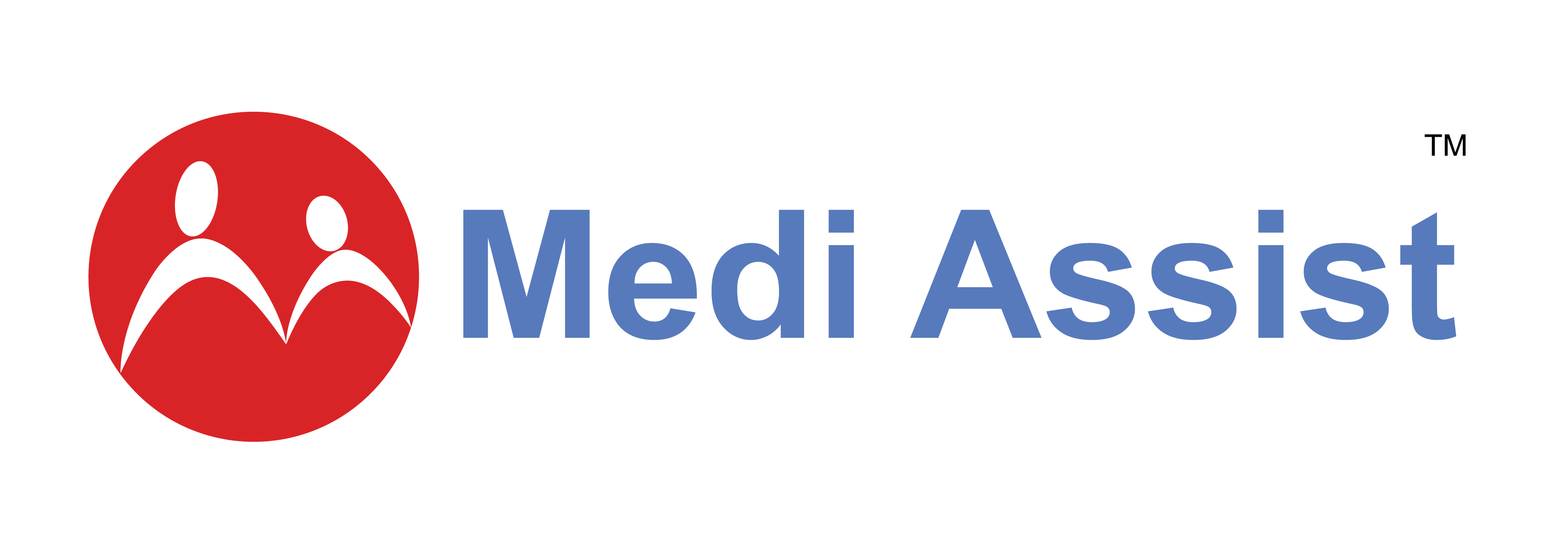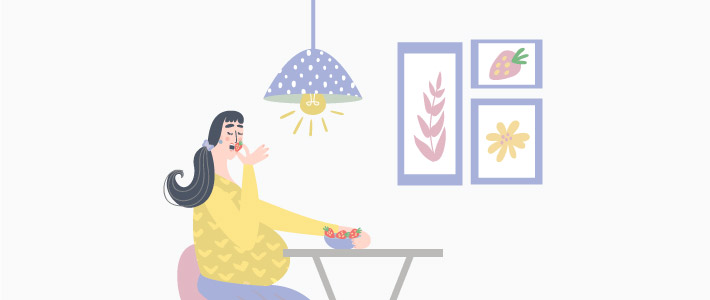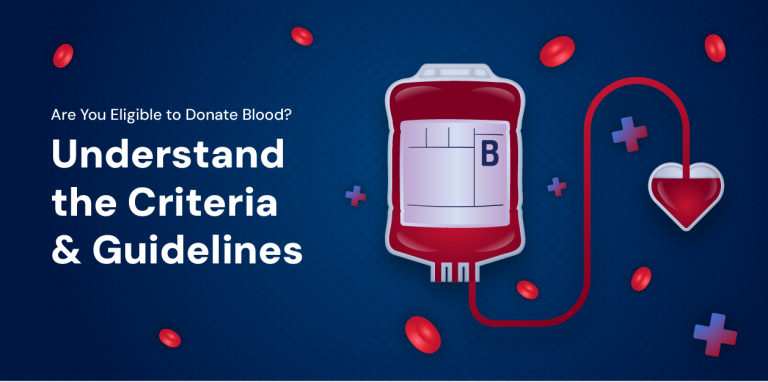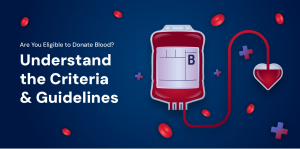ron deficiency or popularly known as anemia, is common amongst women who are expecting a baby. It is concerning that many women go through the entire pregnancy without attaining the minimum required intake of iron.
Let us help you understand what iron deficiency is, how it can affect the baby, and ways to prevent it.
What exactly is iron deficiency or anemia?
Human body uses iron to make hemoglobin, a protein in the red blood cells that carries oxygen to your tissues. During pregnancy, one needs double the amount of iron that nonpregnant women need. Her body needs this iron to make more blood to supply oxygen to the baby. If the mother doesn’t get enough iron during pregnancy, she could develop iron deficiency.
What are the symptoms of iron deficiency during pregnancy?
- Fatigue
- Weakness
- Shortness of breath
- Chest pain
- Headache
- Cold hands and feet
- Pale or yellowish skin
How can iron deficiency affect the baby?
Severe anemia during pregnancy increases the risk of premature birth, having a low birth weight baby, and postpartum depression.
How can iron deficiency anemia during pregnancy be prevented and treated?
- Taking a prenatal *vitamin that contains iron can help prevent and treat iron-deficiency anemia during pregnancy. During pregnancy, a woman needs 27 milligrams of iron a day.
- Good nutrition can also prevent iron deficiency anemia during pregnancy. Dietary sources of iron include lean red meat, poultry, and fish. Other options include iron-fortified breakfast cereals, dried beans, and peas.
- To enhance the absorption of iron from plant sources and supplements, it is advised to pair them with a food high in vitamin C — such as orange juice, tomato juice, or strawberries.
Also, read about the vital tests during pregnancy.
*Please note that it is recommended to follow your Doctor’s advice before taking any supplements. The supplements or symptoms may change upon physical examination of the baby and the mother’s health.





